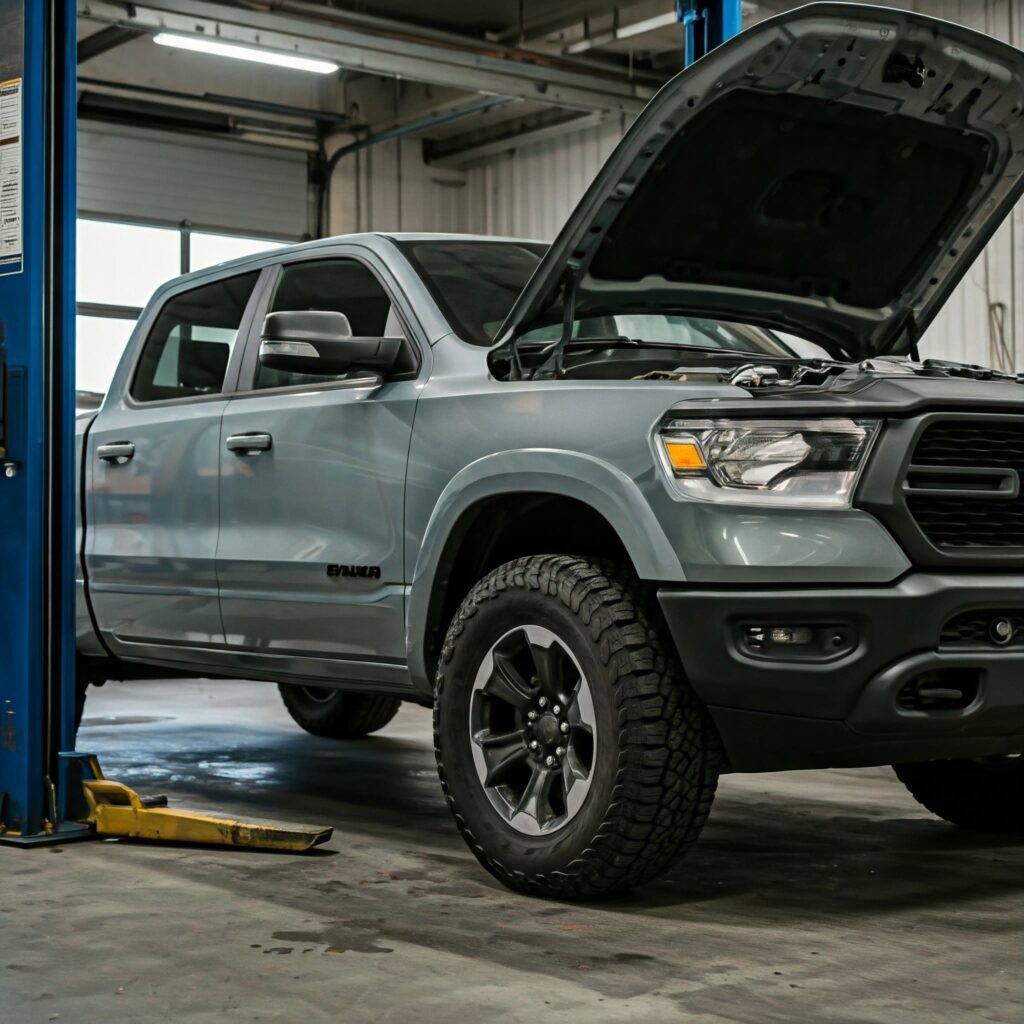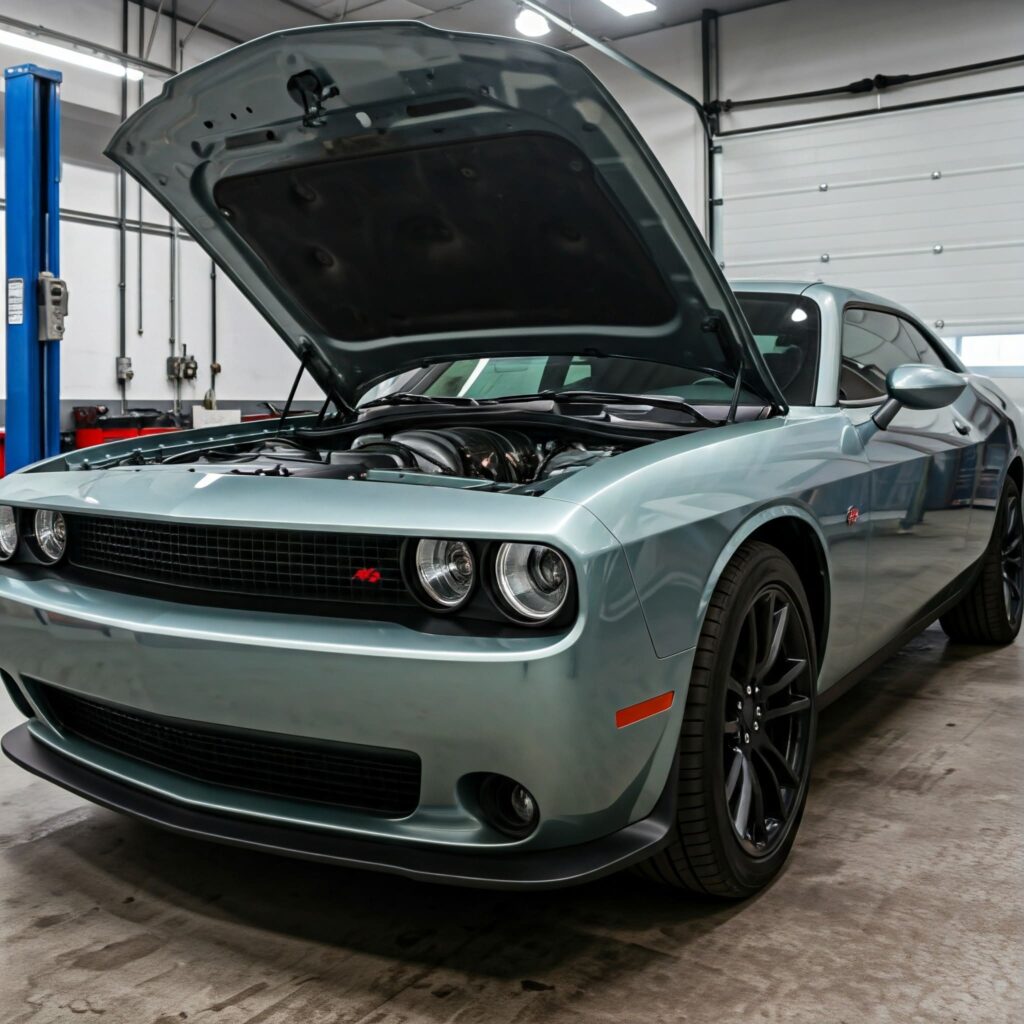Motor oil is more than just a lubricant—it’s a critical element in maintaining engine performance and longevity. Synthetic oils, like 5W-30, have risen in popularity for their advanced properties and extended life compared to conventional oils. But exactly how long does 5W-30 synthetic oil last? This guide takes a deeper dive into factors affecting oil longevity, comparisons across brands, and actionable advice for vehicle owners looking to optimize their oil maintenance strategy.
What Is 5W-30 Synthetic Oil?
To understand the performance and longevity of 5W-30 synthetic oil, it’s necessary to break down its specifications:
- Viscosity Rating (5W-30):
- 5W refers to the oil’s viscosity in cold temperatures. This ensures efficient flow and lubrication during cold-start conditions.
- 30 indicates its viscosity at operating temperature, maintaining proper film strength to protect engine components under stress.
- Synthetic Formulation:
Unlike conventional oils derived solely from refining crude oil, synthetic oils are chemically engineered with uniform molecular structures. This gives them a broader performance range in extreme conditions, offering better resistance to oxidation, thermal breakdown, and sludge formation.
Synthetic oils are part of the next generation of lubrication technologies designed for modern engines. To understand how these oils have evolved to meet today’s demands, refer to Motor Magazine’s article on new engine lubricants. It provides valuable insights into how oils are formulated to perform across advanced engine platforms.
How Long Does 5W-30 Synthetic Oil Last?
The longevity of synthetic oil depends on multiple interrelated factors. While synthetic oils generally offer extended life compared to traditional oils, specific intervals will vary:
- Manufacturer-Recommended Intervals:
Most automakers recommend oil change intervals of 7,500 to 10,000 miles for vehicles running on synthetic oils. However, luxury or high-performance vehicles may suggest shorter or longer intervals depending on engine technology. Always consult your owner’s manual for precise guidance. - Driving Conditions Impacting Oil Life:
Severe operating conditions can reduce oil durability, such as:- Frequent short-distance drives that prevent the engine from reaching optimal temperature.
- Hauling heavy loads or towing trailers for extended periods.
- Stop-and-go traffic in urban environments.
- Driving in extreme heat, cold, or dusty conditions.
- Under these conditions, oil might need replacement closer to the 7,500-mile mark, while moderate highway driving allows for longevity near the upper limit.
- Oil Chemistry and Additives:
Fully synthetic oils often incorporate additives like antioxidants, detergents, and friction modifiers. These extend oil life by combating sludge buildup, minimizing metal-on-metal wear, and maintaining performance in harsh environments. Premium synthetic oils with advanced formulations—such as Mobil 1 Extended Performance and AMSOIL Signature Series—are engineered to last up to 15,000–25,000 miles under ideal conditions.

Comparative Analysis: AMSOIL, Mobil 1, and Castrol EDGE
When evaluating synthetic oils, industry-leading brands offer distinct advantages for various use cases.
1. AMSOIL Signature Series Synthetic 5W-30
AMSOIL’s Signature Series is formulated for extended drain intervals, claiming protection for up to 25,000 miles or one year, depending on driving conditions. The oil excels in oxidation resistance, thermal stability, and wear protection. AMSOIL is often cited for its performance in extreme weather and high-stress environments, making it a top choice for drivers seeking maximum reliability and longevity.
2. Mobil 1 Extended Performance 5W-30
Mobil 1 is synonymous with quality synthetic oils, and its Extended Performance line guarantees up to 20,000 miles of protection, provided normal driving conditions. Mobil 1 emphasizes low-temperature fluidity and deposit control, ensuring engine cleanliness over extended intervals.
3. Castrol EDGE Advanced Full Synthetic 5W-30
Known for its titanium-based additive technology, Castrol EDGE is designed to handle high-pressure environments, reducing engine friction and wear. Castrol recommends oil change intervals close to the 10,000-mile mark, aligning with manufacturer recommendations for most vehicles.
| Oil Brand | Recommended Interval | Key Features |
| AMSOIL Signature | 15,000–25,000 miles | Extreme durability, oxidation resistance |
| Mobil 1 Extended | 15,000–20,000 miles | Engine cleanliness, superior cold-weather flow |
| Castrol EDGE | 7,500–10,000 miles | High-pressure wear protection, titanium technology |
Takeaway: While premium synthetic oils offer extended intervals, users should weigh the costs of stretching oil changes against the risks of potential engine stress under severe conditions.
Signs Your Synthetic Oil Needs Changing
Even with extended drain oils, staying vigilant about oil condition is critical:
- Dashboard Warnings:
Many modern cars feature oil-life monitoring systems. If the system recommends a change or issues a warning, act promptly. - Oil Quality Examination:
Use the dipstick to check for unusual color, viscosity, or debris in the oil. Dark or gritty oil typically signals degradation. - Performance Symptoms:
Difficulty starting in cold conditions, reduced fuel economy, or unusual engine sounds may indicate compromised lubrication, necessitating an oil change.

Frequently Asked Questions
1. Is synthetic oil worth the higher price?
Yes, synthetic oils provide superior heat resistance, reduced engine wear, and extended intervals, justifying their higher cost for those prioritizing engine health.
2. Can I switch between conventional and synthetic oils?
Yes, transitioning between synthetic and conventional oil is safe, though synthetic offers better performance for most engine designs.
3. Can synthetic oil expire if unused?
While synthetic oil lasts longer in storage than conventional oil, it can degrade after years due to exposure to air and moisture. Check the label for shelf-life guidance.
4. What happens if I delay an oil change?
Prolonging oil changes can lead to sludge buildup and decreased engine efficiency. Over time, this may permanently damage components.
How Synthetic Oil Reduces Maintenance Costs
One of the key advantages of synthetic oil is its ability to minimize long-term operational costs:
- Fuel Economy: Synthetic oils reduce friction, allowing engines to operate more efficiently, especially during cold starts.
- Lower Frequency of Oil Changes: Extended intervals mean fewer oil changes annually, saving money and downtime for vehicle maintenance.
- Protecting Engine Lifespan: By maintaining optimal lubrication, synthetic oils prevent costly repairs related to wear or deposit buildup.
Final Thoughts on Oil Longevity
The lifespan of 5W-30 synthetic oil depends on a variety of factors: driving habits, the quality of the oil, and adherence to maintenance schedules. AMSOIL, Mobil 1, and Castrol represent trusted brands offering tiered performance for both regular and extreme conditions. Drivers have the flexibility to choose a brand and interval suited to their needs, always keeping manufacturer guidelines in mind.
Routine oil checks and adherence to warning systems ensure that synthetic oil performs optimally for its intended duration, safeguarding engine reliability over time.
